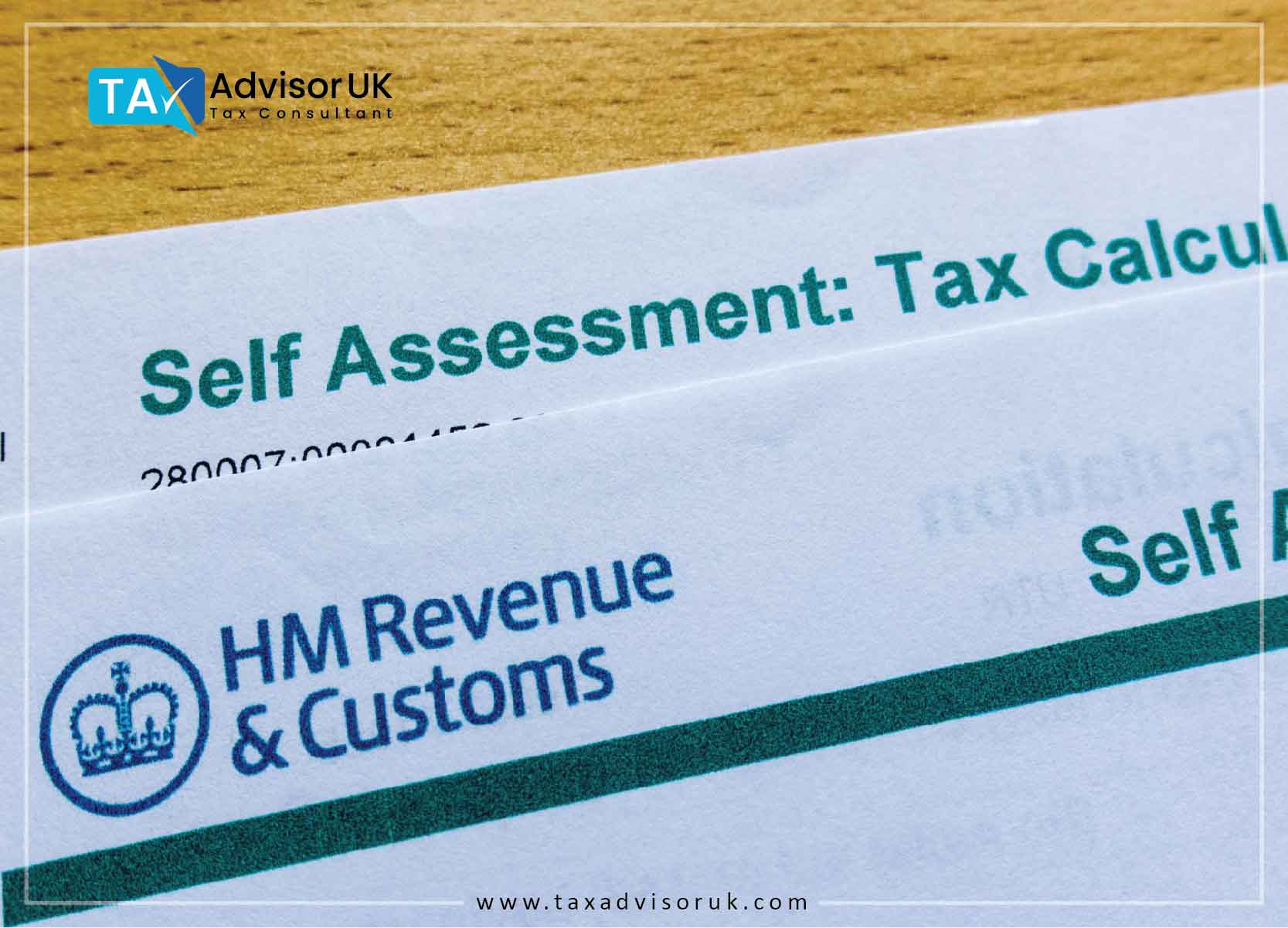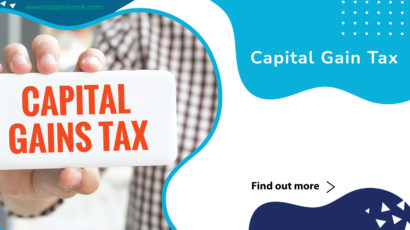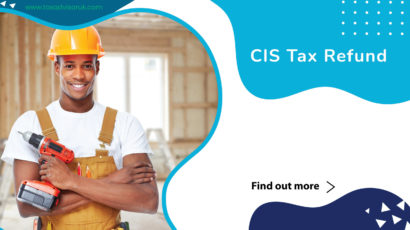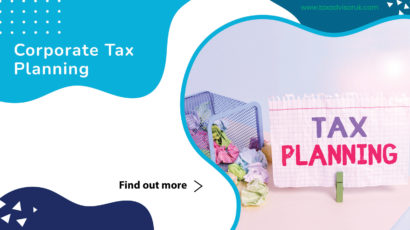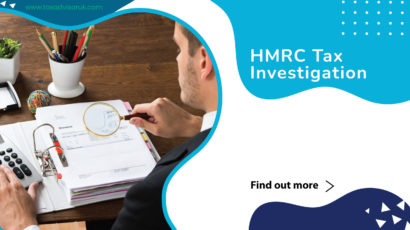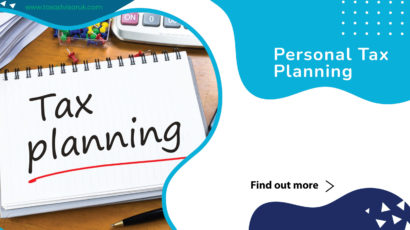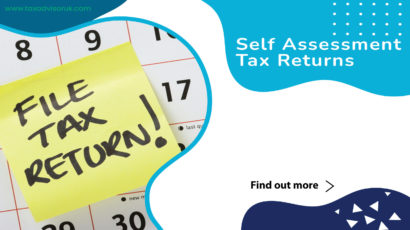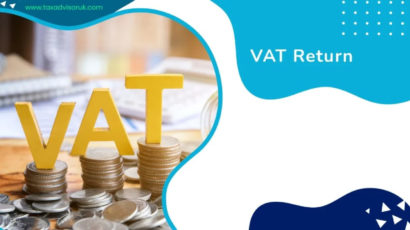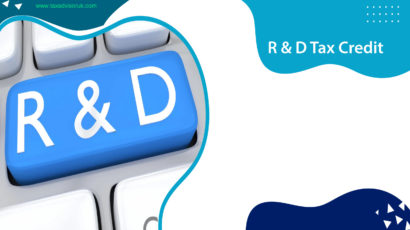Although not everyone is needed to file a self-assessment tax return, there are a few circumstances in which you may be needed to do so, even if you are an employee who has tax withheld from your pay.
It’s crucial to be aware of scenarios where a tax return is required because HM Revenue & Customs (HMRC) might levy penalties if you fail to send one on time. We’ve listed some common circumstances below where you’ll need to file a return.
If you earned more than £1,000 as a self-employed person – or if you are employed and may have self-employed earnings – or if you are a partner in a business partnership, you must always file a tax return with HMRC.
If you have made capital gains or have untaxed income, you may need to file a self-assessment tax return with HMRC, such as:
- Money earned from a rental property, as well as money earned from savings
- Investments and dividends
- Foreign earnings
You may not need to file a return if your earnings from the foregoing sources fall below specified thresholds. However, the income could still be taxed. A decent rule of thumb is that a tax return is required unless the income is tax-free, covered by your tax allowances, or tax has been collected through your PAYE code.
Always double-check the situation, and if you’re unsure, HMRC offers an easy-to-use online tool to see if a return is required.
Higher earners in receipt of child benefit
If you or your partner earns more than £50,000 and receives Child Benefit, HMRC will need you to file a tax return and pay a tax charge known as the ‘High Income Child Benefit Charge.’
Landlords with rental income
The majority of landlords who receive rental income will be required to file a tax return.
It is critical for landlords with unreported rental revenue to rectify this as soon as possible. HMRC has a special Let Property Campaign for landlords who are late on their tax filings, which is great news.
You can usually expect a smaller penalty and the best available terms if you make a voluntary disclosure than HMRC would otherwise charge.
Landlords should also keep in mind that, as of April 6, 2020, if Capital Gains Tax (CGT) is required on the sale of a UK residential property, the period for filing a report and paying the tax has been reduced to 30 days from the date of the transaction’s completion.
CGT is a complicated tax with numerous dates for reporting and payment, as well as various reliefs that could result in significant savings. As a result, it’s critical that you get expert help.
This list is not exhaustive, but it should give you an idea of the kind of situations that may necessitate filing a tax return.
How TaxAdvisor UK can help
At TaxAdvisor UK , our experts will provide you 30 minutes free consultation and help you in managing all your tax and accounting work. Speak to our expert accountants, tax advisor on (0203) 5381276 or fill an online form today. We can have a consultation session over the phone, virtual or face to face meeting and will provide you with a no obligation fixed quote

